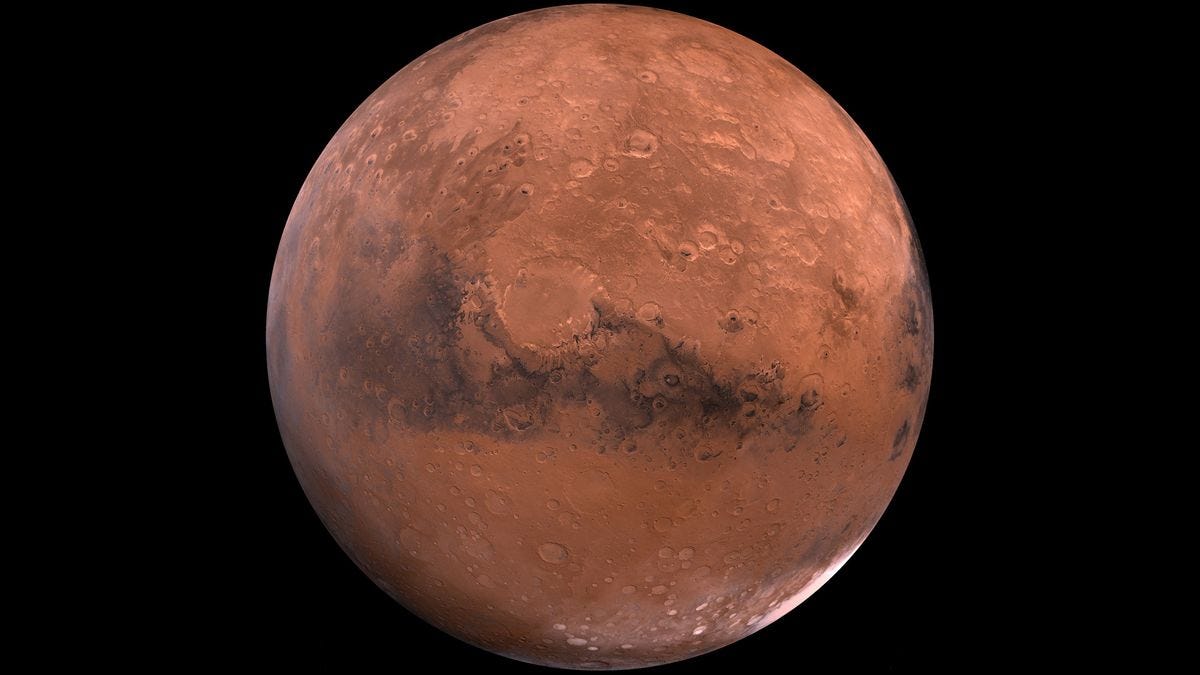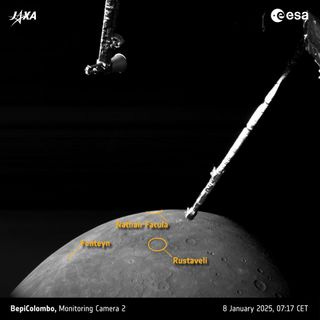According to The Washington Post, “At the National Science Foundation, staff have been combing through thousands of active science research projects, alongside a list of keywords, to determine if they include activities that violate executive orders President Donald Trump issued in his first week in office. Those include orders to recognize only two genders and roll back diversity, equity and inclusion initiatives. The search is driven by dozens of flagged words, according to an internal document reviewed by The Washington Post and two NSF employees with knowledge of the review process who spoke on the condition of anonymity because they were not authorized to speak.”
The words triggering NSF reviews provide a picture of the sievelike net being cast over the typically politically independent scientific enterprise, including words like “trauma,” “barriers,” “equity” and “excluded.”
Here is a sampling of keywords drawing scrutiny to science:
activism
activists
advocacy
advocate
advocates
barrier
barriers
biased
biased toward
biases
biases towards
bipoc
black and latinx
community diversity
community equity
cultural differences
cultural heritage
culturally responsive
disabilities
disability
discriminated
discrimination
discriminatory
diverse backgrounds
diverse communities
diverse community
diverse group
diverse groups
diversified diversify
diversifying
diversity and inclusion
diversity equity
enhance the diversity
enhancing diversity
equal opportunity
equality
equitable
equity
ethnicity
excluded
female
females
fostering inclusivity
gender
gender diversity
genders
hate speech
hispanic minority
historically
implicit bias
implicit biases
inclusion
inclusive
inclusiveness
inclusivity
increase diversity
increase the diversity
indigenous community
inequalities
inequality
inequitable
inequities
institutional
Igbt
marginalize
marginalized
minorities
minority
multicultural
polarization
political
prejudice
privileges
promoting diversity
race and ethnicity
racial
racial diversity
This list is not a complete list, although it is quite extensive.
The Washington Post adds that “According to an internal document, NSF grants that are flagged for “further action” because they don’t comply with the executive orders could be subject to a range of additional steps, including modification to be in compliance or being terminated in part or whole.”






